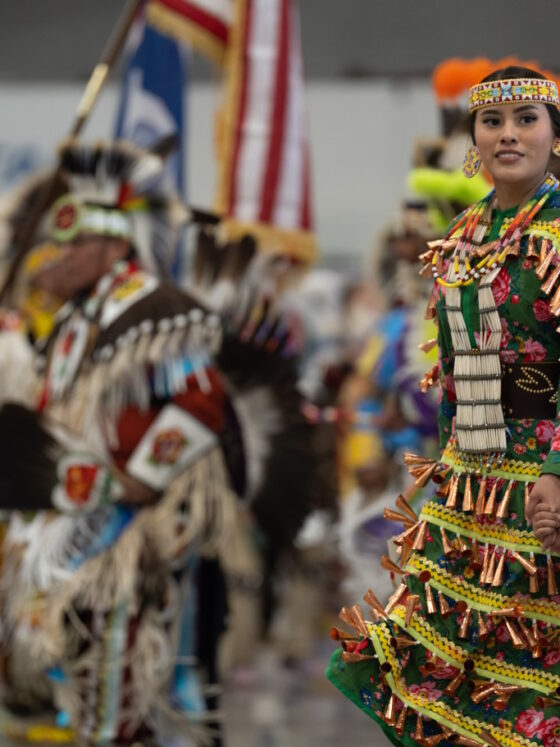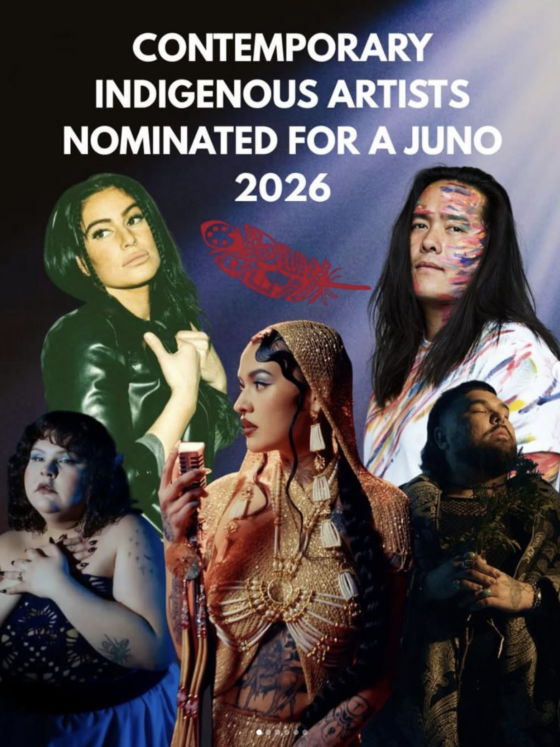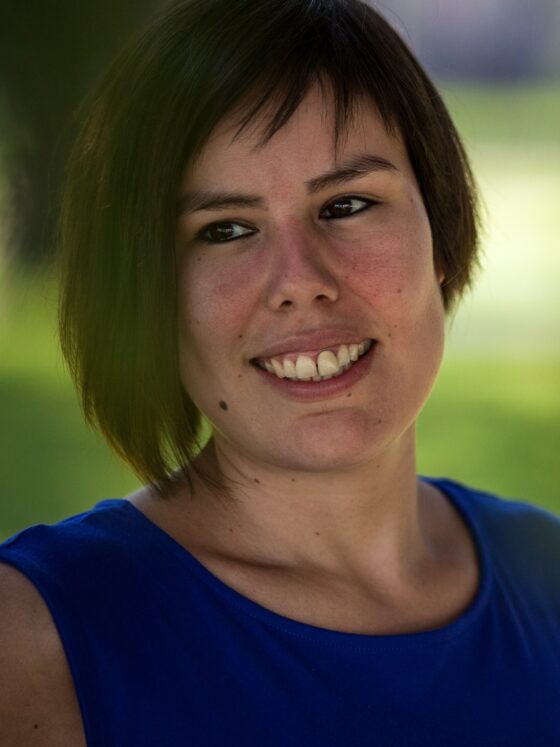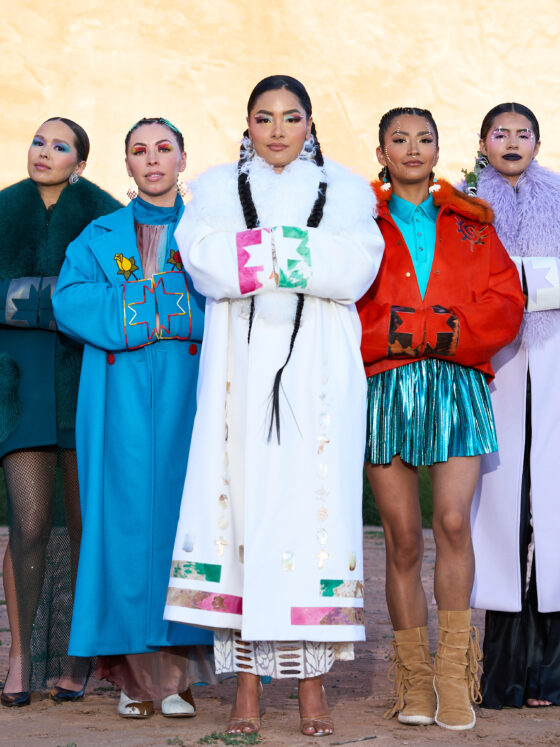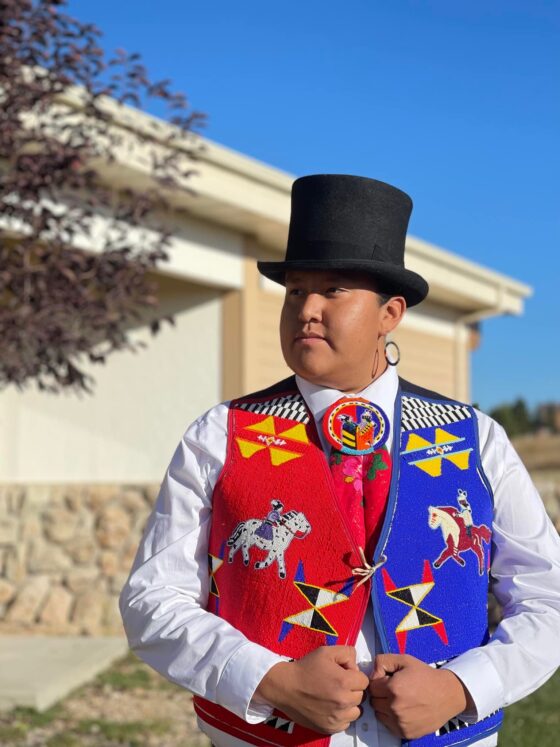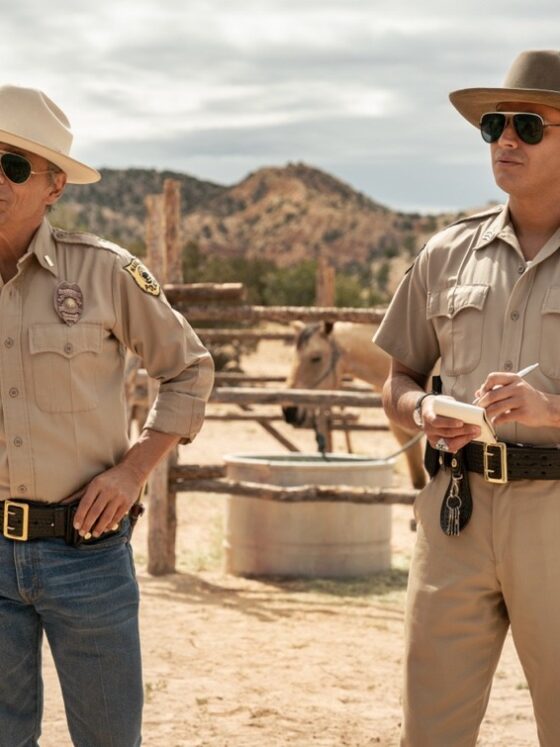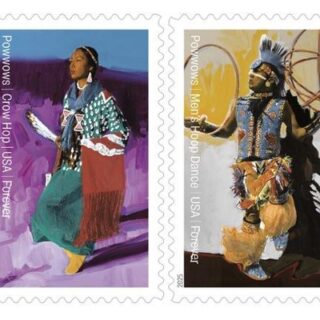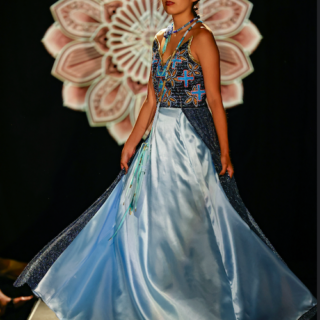Mni Sota Akitho Festival Celebrates Indigenous Culture & Community in St. Paul
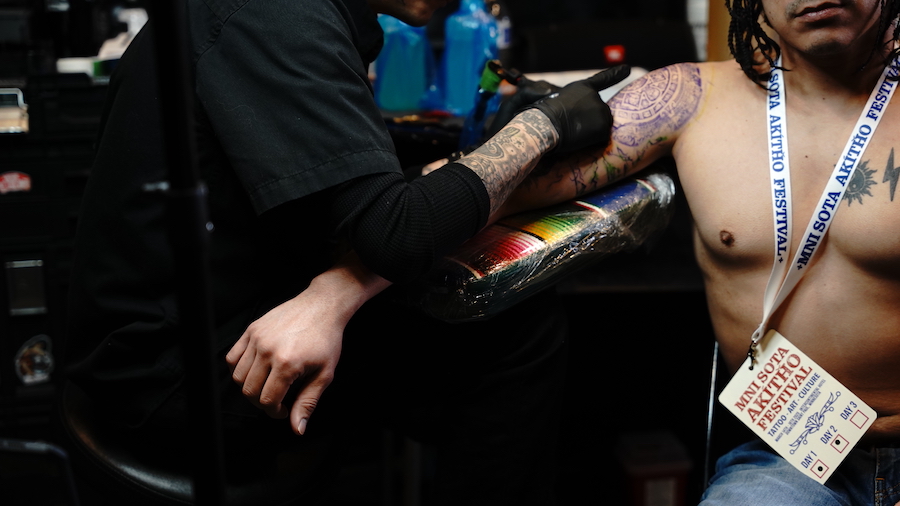
By: Darren Thompson, Special to Fry Bread
ST. PAUL–The Mni Sota Akitho Festival made its debut in St. Paul, Minnesota, marking a momentous three-day celebration of Indigenous music, art, tattoos, and community. Billed as the “first of its kind,” the festival attracted hundreds of attendees from across the U.S. and Canada, including tattoo artists, community organizations, craftspeople, and musicians. The debut event was further honored by two key proclamations: Minnesota Governor Tim Walz declared March 14, 2025, as Mni Sota Akitho Festival Day, while St. Paul Mayor Melvin Carter proclaimed the entire weekend, March 14-16, 2025, as Mni Sota Akitho Festival Days.
The festival was envisioned as a celebration of culture and healing, spearheaded by Willard Malebear, Jr., a Hunkpapa Lakota artist who grew up in Minneapolis, Minnesota. The idea for the festival was born from Malebear’s personal journey of transformation. Five years ago, after being released from Minnesota state prison with less than $100 to his name, Malebear turned his life around, crediting his sobriety and connection to his culture as central to his healing process.
“I saw an opportunity to really bring something together that was blended with many aspects of contemporary Indigenous culture, but still having aspects of our roots,” Malebear shared in an interview with Fry Bread. “We wanted to cultivate an environment that was alcohol-free, but still modern enough for the younger generation while honoring our traditions enough for everyone of all ages in our community to feel welcome to come and participate.”
Each day of the festival was packed with cultural activities that highlighted Indigenous traditions and contemporary expressions. Attendees enjoyed performances, yoga sessions, Ojibwe-style moccasin game contests, storytelling, and tattoo contests. The tattoo contests were especially popular, with both new and old tattoos randomly judged, with winners announced each afternoon. The lobby of the InterContinental Hotel in St. Paul was a lively gathering spot, filled with foot traffic and the rhythmic sounds of hand drums accompanying the chants of moccasin game songs.
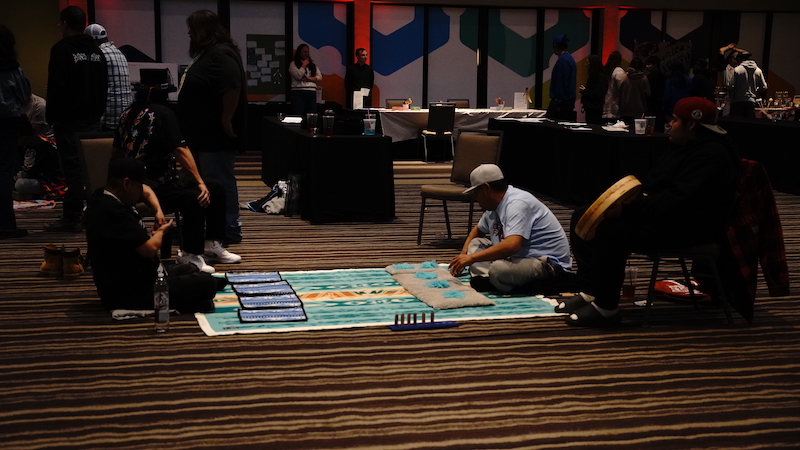
On one floor, festival-goers could witness live performances by artists such as Stella Standingbear, Joe Rainey, Jada Brown, Supaman, and DJ Element, while on another floor, tattoo artists worked their craft at dozens of booths. The festival’s inclusive atmosphere wasn’t just for Native people; it was also designed to welcome non-Indigenous attendees. Malebear emphasized that the event aimed to provide an educational experience for non-Indigenous visitors, offering them the opportunity to learn about Indigenous culture and support the Indigenous economy.
“We also wanted to create an environment for our non-Indigenous relatives as well to come and learn more about Indigenous culture while supporting an Indigenous economy,” Malebear explained. “Maybe they’ll even find a way to become a better ally for Indigenous culture and communities, too.”
This vision of inclusivity and cultural pride resonated with many, and the festival’s significance was not lost on local leaders. Minnesota Governor Tim Walz honored the event with his proclamation, recognizing March 14, 2025, as Mni Sota Akitho Festival Day. St. Paul Mayor Melvin Carter also took time to acknowledge the event’s cultural importance, declaring March 14-16 as Mni Sota Akitho Festival Days and celebrating the festival’s role in uplifting Indigenous art, music, and tattooing. “We’re proud to host this in Imnížaska (Saint Paul) and honor the deep historical and cultural significance this land is to our Indigenous communities,” Carter said in a statement.
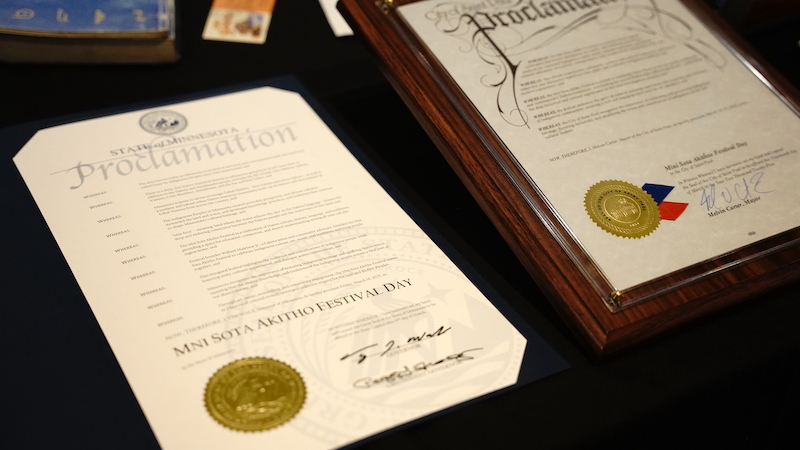
The word “Akitho” is derived from the Lakota/Dakota language, meaning “to make a mark,” a reference to tattooing. This term holds deep personal significance for Malebear, whose father was a well-respected Dakota and Lakota language instructor. The festival brought together over a dozen talented Indigenous tattoo artists, each fully booked for the weekend. For Malebear, seeing the event come to life was a deeply rewarding experience.
Ojibwe tattoo artist Caitlin Newago, who attended the festival, shared her excitement, calling it “amazing… I loved the sense of community during the festival, and other artists voiced the same to me,” Newago said. She also appreciated the unique atmosphere, noting how she and her son were pleasantly surprised to see dancing and hear singing in the tattoo ballroom. “The different food trucks were a huge bonus too, really beats the heck out of having to doordash food in between tattoos. I really hope Iktomi does this festival again next year, I loved it.”
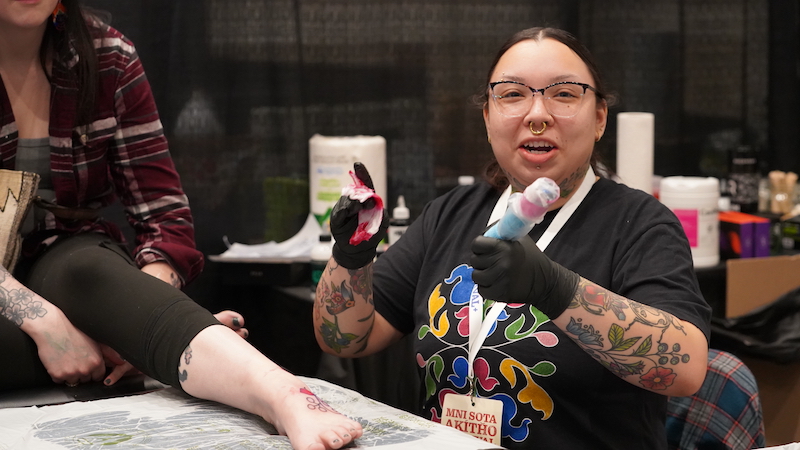
The event was supported by both community sponsorship and collaboration. The Mni Sota Fund and Mille Lacs Corporate Ventures provided backing, and the Mille Lacs Band of Ojibwe, which owns the InterContinental Hotel, played a key role in hosting the festival. Malebear’s tattoo parlor, Iktomi Tattoo, took on the responsibility of organizing the event, even securing a small business loan to make it possible. The Mille Lacs Band of Ojibwe further contributed by sponsoring the moccasin game with a generous $4,000 in cash prizes.
Looking to the future, Malebear expressed his hope for the festival to become an annual tradition. “Maybe in five years, we’ll have enough energy to host a hybrid blend of contemporary and traditional cultural practices, showcasing Indigenous cultures from around the world,” he said. “It would be incredible to bring international Indigenous tattoo artists, including those from Aborigine and Maori cultures, to participate.”
The inaugural Mni Sota Akitho Festival was a powerful testament to the resilience, creativity, and unity of Indigenous communities, leaving a lasting mark on all who attended.


